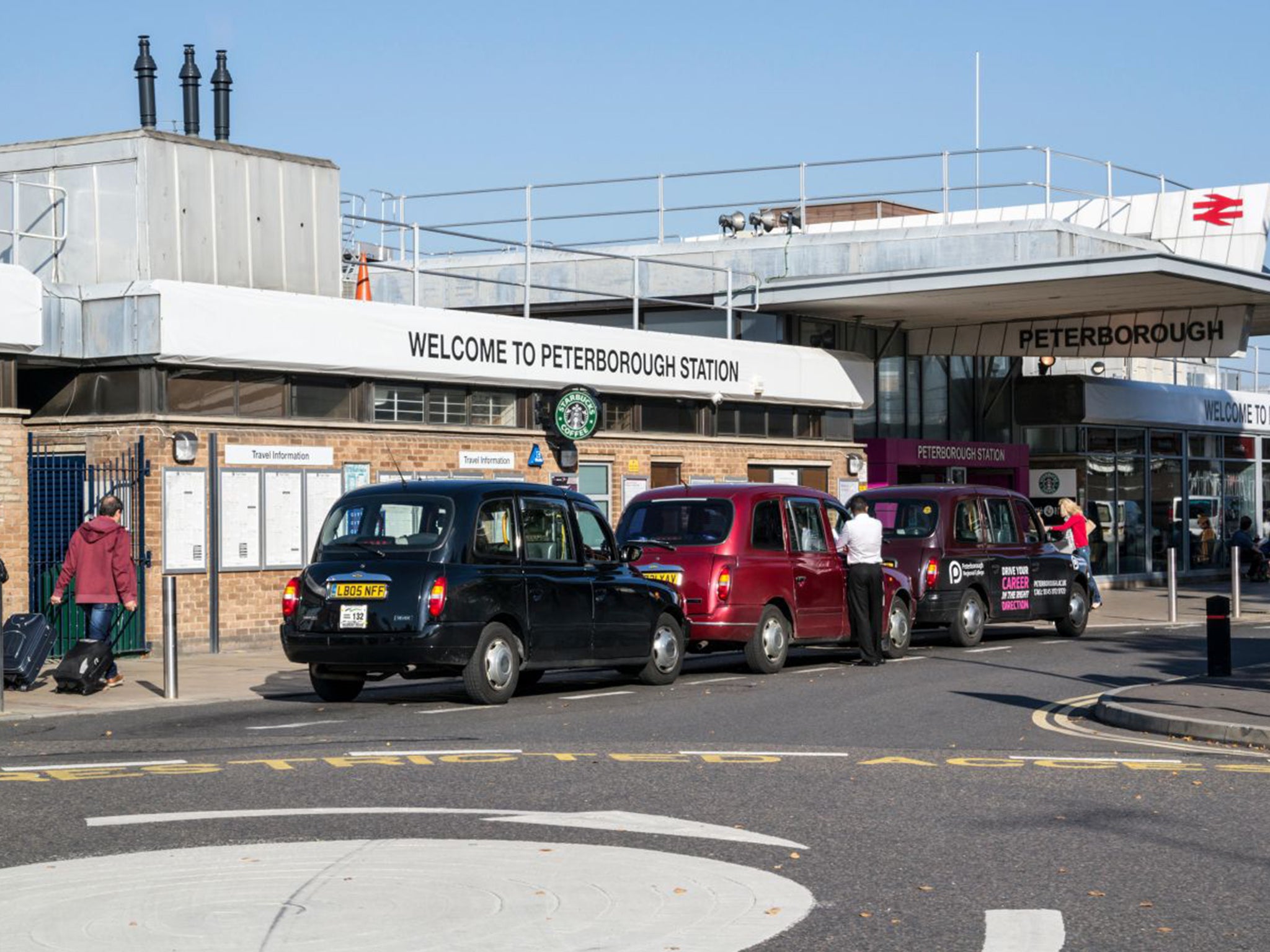Peterborough named the ‘worst place to be without a car in UK’
This new city, designated in 1967, could have been built with public transport at its heart

Your support helps us to tell the story
From reproductive rights to climate change to Big Tech, The Independent is on the ground when the story is developing. Whether it's investigating the financials of Elon Musk's pro-Trump PAC or producing our latest documentary, 'The A Word', which shines a light on the American women fighting for reproductive rights, we know how important it is to parse out the facts from the messaging.
At such a critical moment in US history, we need reporters on the ground. Your donation allows us to keep sending journalists to speak to both sides of the story.
The Independent is trusted by Americans across the entire political spectrum. And unlike many other quality news outlets, we choose not to lock Americans out of our reporting and analysis with paywalls. We believe quality journalism should be available to everyone, paid for by those who can afford it.
Your support makes all the difference.It has excellent rail links to major cities, and is the location for the headquarters of Thomas Cook, the world’s best-known name in travel.
But the hapless traveller who steps from a train in Peterborough will find their transport problems just beginning.
Peterborough is named and shamed today as the worst place in Britain to be without a car. It is at the foot of the table in the Campaign for Better Transport’s 2014 Car Dependency Scorecard, which examines provision for pedestrians, cyclists and public-transport users in 29 British towns and cities.
The best three are big cities London, Manchester and Liverpool. But in a damning verdict on 20th-century town planners, the worst are two communities which expanded quickly during the 1960s and 1970s, plus Milton Keynes.
This new city, designated in 1967, could have been built with public transport at its heart. Instead, it comes last in many of the survey’s rankings. Researchers found that “reliance on cars [there] is the highest of all the cities”.
Besides Peterborough, the report singles out Colchester as a town that makes it very difficult for residents wanting to reach work or the town centre on foot or by public transport.
“While the historic centre is densely packed and walkable, more-recent development has been spread more sparsely around the edges of the city,” the researchers conclude.
But the greatest vitriol is reserved for Peterborough, where post-1960s population growth was not accompanied by decent public transport.
Mark Speed of Peterborough City Council, rejected the criticism, adding: “Our local bus routes are thriving, with an additional 400,000 journeys taken last year.”
But he conceded: ”Peterborough was built at a time when car was seen as the most-desirable mode of transport.”
English towns and cities ranked by how easy it is to live there without a car – with the least car-dependent locations at the top of the table:
How they ranked
1. London
2. Manchester
3. Liverpool
4. Brighton & Hove
5. Newcastle upon Tyne
6. Cambridge
7. Bristol
8. Birmingham
9. Southampton
10. Nottingham
11. Leicester
12. Stockport
13. Norwich
14. Luton
15. Sheffield
16. Plymouth
17. Leeds
18. Sunderland
19. Coventry
20. Gateshead
21. Northampton
22. Dudley
23. Derby
24. Bradford
25. Wigan
26. Swindon
27. Milton Keynes
28. Colchester
29. Peterborough
Campaign for Better Transport. Locations rated under accessibility, buses/trains, cycling/walking, car use.
Join our commenting forum
Join thought-provoking conversations, follow other Independent readers and see their replies
Comments